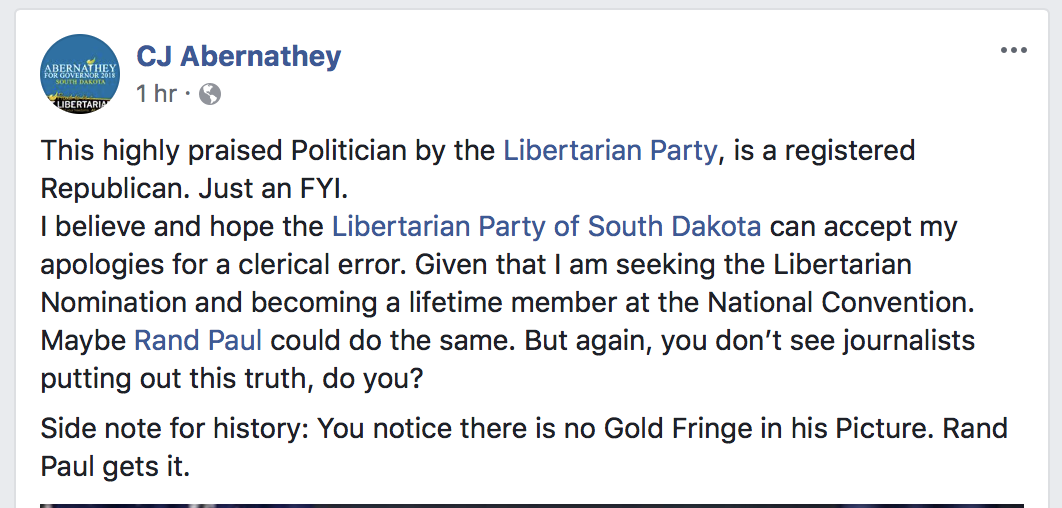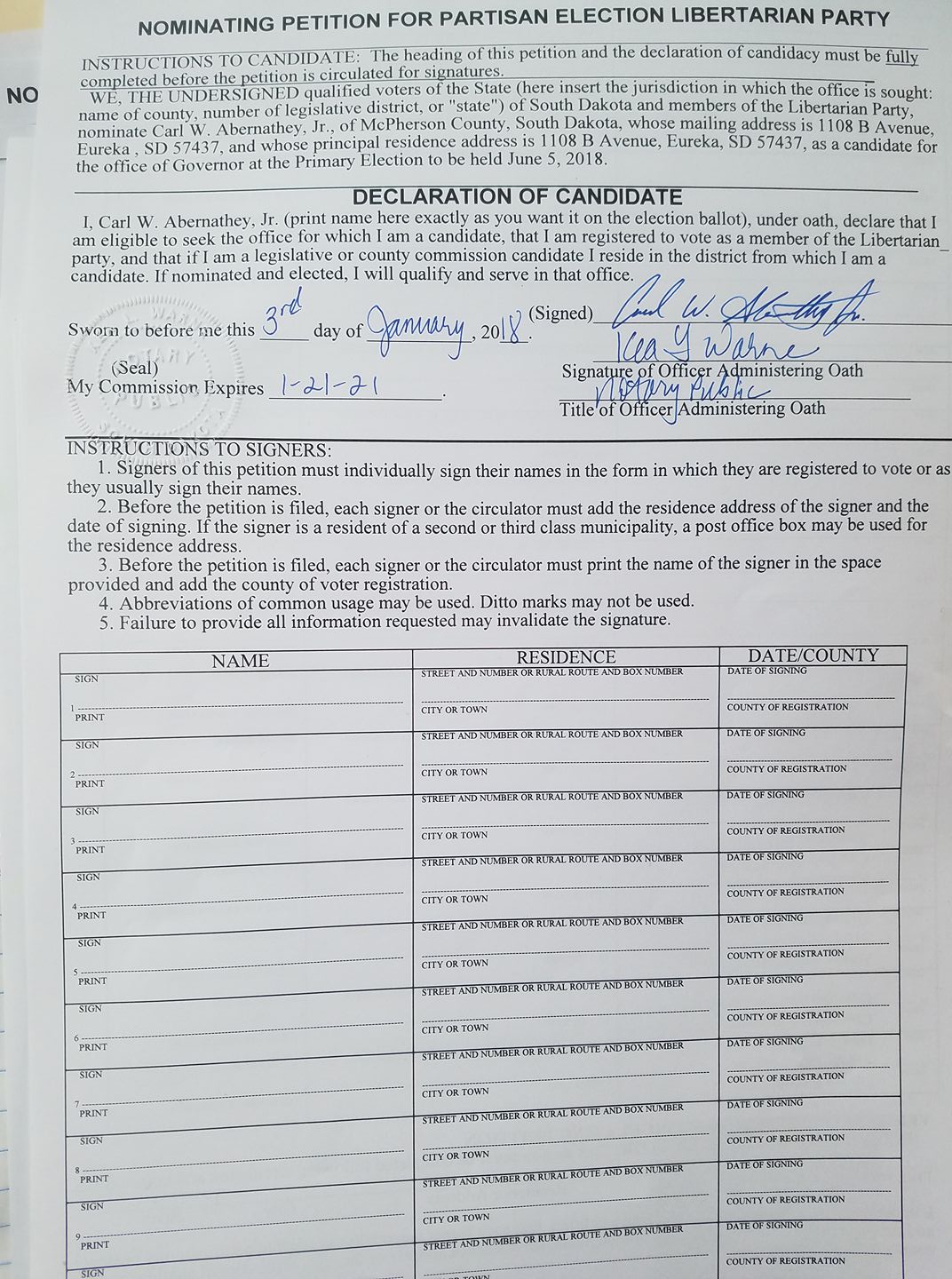
 Supporting Moms, Strengthening Families
Supporting Moms, Strengthening Families
By Rep. Kristi Noem
South Dakota has the nation’s highest rate of working moms with 84 percent being employed outside the home. For many families, both parents working is a financial necessity – one that comes with significant child care costs attached. In fact, by some estimates, child care in South Dakota costs about 28 percent of the average household income, or about $14,700 per year.
Many of these families qualify for the Child and Dependent Care Tax Credit, which helps defray some child care expenses. During tax reform, however, some in Congress tried to eliminate the benefit. I had to fight hard to maintain the credit, but in the end, we were successful. Additionally, the Child Tax Credit was doubled to $2,000 per child, a win I worked closely with Ivanka Trump to achieve. These credits can make a real difference in people’s lives.
A few weeks ago, I spoke with a single mom who is getting another $80 every pay check because of tax reform. For her, that meant she had more breathing room and greater financial security. For her son, it meant a new pair of basketball shoes.
I’ve heard similar reports from others. Let’s say you’re a family of four making around $85,000 a year. Because of tax reform, you’ll be keeping an additional $2,400 in your pocket every year. That’s a new washing machine, a nice family vacation, or a good chunk of change for the kids’ college funds.
Of course, this financial peace of mind helps mitigate only one of the challenges working families face. Flexibility is another issue I’ve heard a lot about. For years, I’ve been working to get the Working Families Flexibility Act signed into law to help make balancing the demands of family, personal responsibilities, and the workforce a little easier.
This bill would give employees the opportunity to choose between taking overtime pay or receiving more paid time off. I’ve led the House in passing this bill multiple times, the most recent being in 2017, but the Senate has yet to consider the bill.
Additionally, in March of this year, I introduced legislation to help give expectant mothers additional flexibility, when needed. In the early 2000’s, Peggy Young was working for UPS. She became pregnant and was instructed not to lift anything over 20 pounds. She requested light-duty work, but was told “No,” even though accommodations were made for non-pregnant workers that had similar health-related restrictions. She couldn’t return to her previous role either, as it was a liability.
As a result, Peggy had to go on unpaid leave and lost her medical coverage. She filed a lawsuit against UPS, which has since changed its policy, but the court’s decision left a lot of questions. My bill works to clarify the law. It says a pregnant worker should be treated the same as a non-pregnant worker who may have a temporary disability and is therefore unable to perform certain duties. This bill takes a balanced approach, protecting mothers without imposing duplicative burdens on their employers.
I firmly believe our nation would be a whole lot stronger, if families were a whole lot stronger. Supporting working parents is an important step in achieving that. When we make these investments, we strengthen families and put the next generation on a trajectory toward success.






 In response to my question over his attack, I got more attack. And according to Carl Jr, in addition to his name-calling he claims what I did was exactly what he was hoping for. And that it would help in his race for Governor if he was “actually clerically registered” & “bureaucratically sound.”
In response to my question over his attack, I got more attack. And according to Carl Jr, in addition to his name-calling he claims what I did was exactly what he was hoping for. And that it would help in his race for Governor if he was “actually clerically registered” & “bureaucratically sound.”




 Number Nine
Number Nine Nobody Wants a Repeat of the 2011 Missouri River Flood
Nobody Wants a Repeat of the 2011 Missouri River Flood
 Supporting Moms, Strengthening Families
Supporting Moms, Strengthening Families